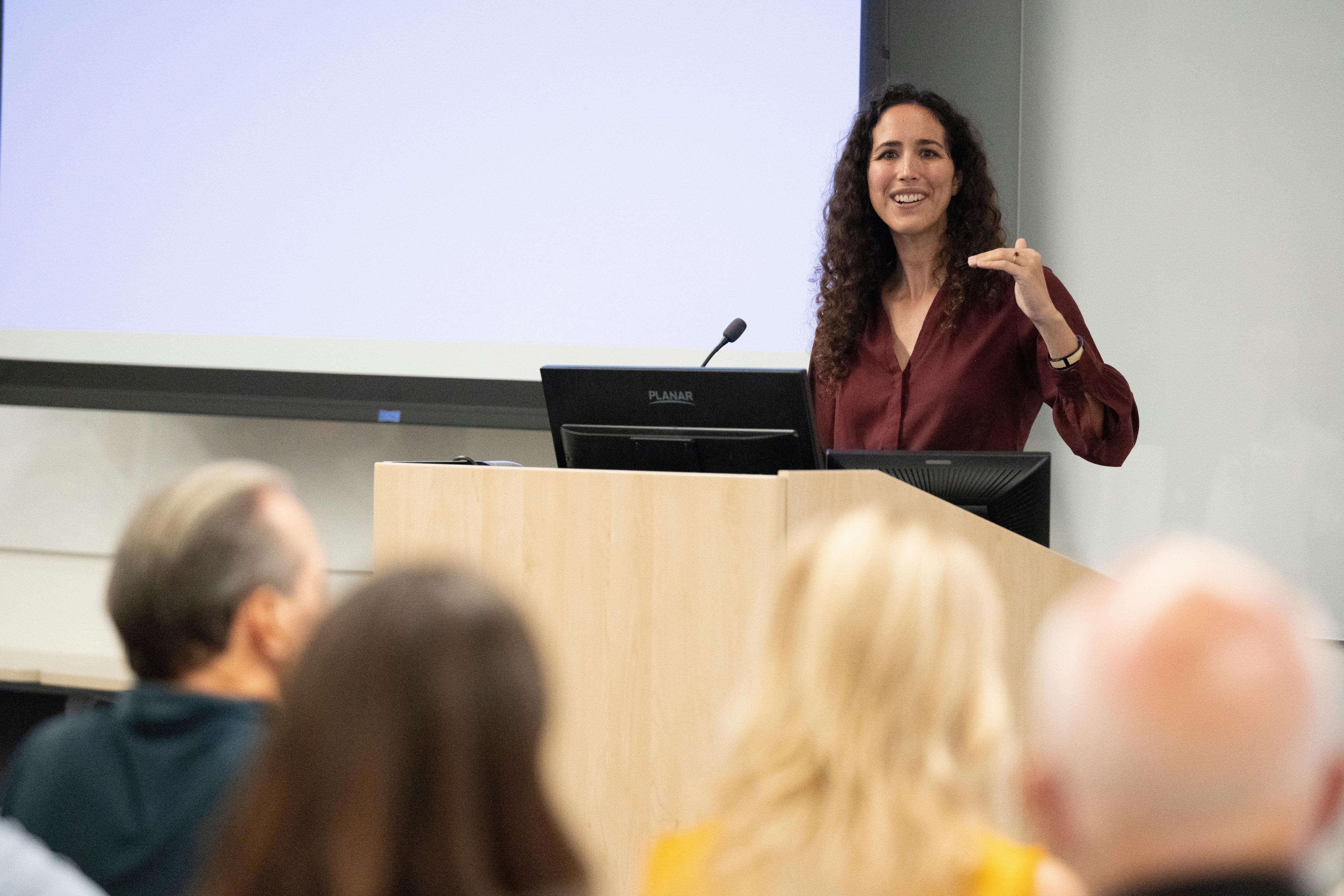STRATEGIC PLAN 2025-2030









The School of Social Ecology presents this bold, new five-year strategic plan to build upon our strengths and bring real change, in real time, to real people’s lives. It is designed to help the school improve individual and community well-being. Developed over months of consultation with faculty, staff, students, community partners and alumni, the plan is based on three pillars: Field Study Interdisciplinary Collaboration; and Community Engagement and Social Impact

1 Field Study Interdisciplinary Collaboration

The Field Study Program is a cornerstone of undergraduate education in the School of Social Ecology. It offers a critical bridge between academic learning and real-world experience. With more than 250 participating community partner organizations, it stands as a testament to the School's commitment to community engagement and student career readiness. However, there remains significant opportunity to elevate the program ’ s scope and impact. Enhancing the program will involve deepening support for students — particularly first-generation college attendees — by embedding career development more fully into the Field Study experience. Strengthening relationships with community partners, alumni, and donors will be essential, as will the expansion of international placements and broader access for transfer students. These efforts will support a more inclusive, informed, and professionally prepared student body.



In today's competitive job market, studies indicate that twothirds of college graduates face challenges in launching their careers post-graduation. Our school is dedicated to reversing this trend by equipping our students with essential skills — communication, critical thinking, analytical prowess, technological fluency, and interpersonal abilities — through experiential field study opportunities and through our new Career Summit, which is fully funded by Giving Day donations. The day-long annual event focuses on helping students in their professional career trajectory with workshops, an internship and career fair and practical tools such as what to wear to an interview and dining etiquette.


Interdisciplinarity is foundational to the School’s identity, with collaboration across departments and research centers deeply embedded in its academic fabric. Yet, the potential for deeper impact through intentional coordination remains vast. The School will invest in initiatives that support faculty, staff, and students in interdisciplinary work, ensuring that such collaboration is recognized, resourced, and sustainable. This includes creating supportive structures for joint research proposals, enhancing onboarding and cross-training for staff, and promoting organic collaboration through informal gatherings and symposia. Graduate student engagement will be central, with new mentoring and wellness initiatives designed to enhance their experience. The ultimate goal is to prevent silos, reduce redundancy, and maximize innovation and morale across the School.

Examples of our research collaborations that benefit the public are numerous. One way we tackle society’s biggest problems such as homelessness, criminal justice, affordable housing, environmental health and mental health is through projects conducted by our centers and institutes. Our Climate and Urban Sustainability Program, for example, employs our scholars to tackle environmental issues and come up with solutions that can be implemented by policy makers. Our newest center, the Alec Glasser Center for the Power of Music and Social Change, convenes scholars from across the university to develop new ways to use music for the public good.




The School of Social Ecology has long distinguished itself through its applied focus on solving complex societal challenges. To amplify this mission, it will formalize and expand key initiatives under a cohesive Social Impact Hub. This hub will encompass the Mental Health Center, the Social Policy Lab, and the Innovation Incubator each serving as a platform for interdisciplinary research, policy development, and community-driven solutions. The Social Impact Hub will strengthen the School’s public presence and relevance while providing new opportunities for student engagement in applied research. It will also create fertile ground for partnerships with external stakeholders, private entities, and community organizations. This evolution will solidify the School’s role as a national leader in socially engaged scholarship and practice.



mission. Building lasting connections with alumni, community partners and external stakeholders will be prioritized through the cultivation of strategic partnerships, targeted outreach and brand visibility efforts. Alumni will serve as ambassadors and advocates, helping to mentor students and raise the School’s profile. Efforts will focus on strengthening the School's narrative in the public sphere — amplifying stories of impact, innovation, and student success. These initiatives will include building out private-sector partnerships that support student placement, research endeavors, and program sustainability. Ultimately, the School aims to foster a community ecosystem that is inclusive, participatory and aligned with the core values of social justice, equity and applied impact.
